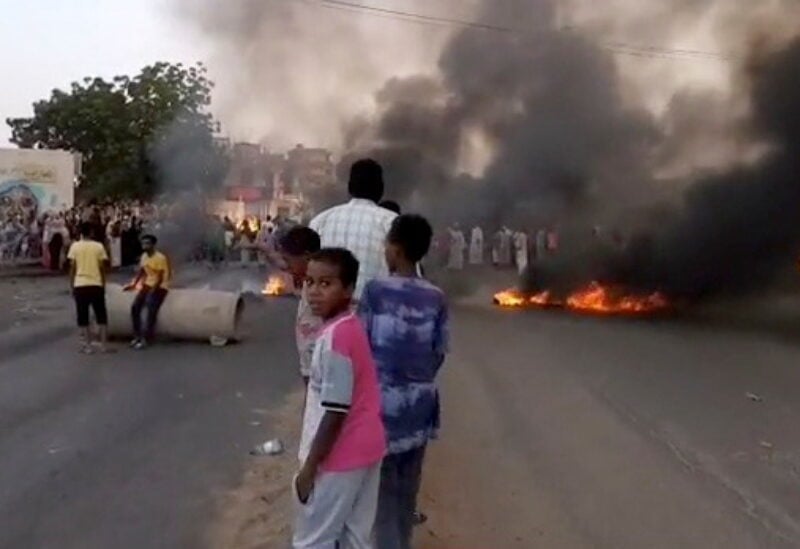
Sudan's resistance committees take centre stage in fight against military rule
Ahmed Ismat has a tear gas canister wrapped around his left face. To escape arrest, Aya no longer sleeps at home.
A coup in Sudan on October 25 thrust these young people and other members of “resistance committees” to the forefront of the fight against military authority.
However, as their standoff with security forces continues, the committees are developing a charter in an attempt to channel their grassroots activity into a political organization with broad appeal in order to achieve their aims more effectively.
Sudan’s coup halted a two-year transition to elections that had been difficult but had raised aspirations of democracy after three decades of dictatorial leadership under Omar al-Bashir. It also handed a setback to political parties that had been weakened by infighting during the transition period, when they shared power with the military.
In the aftermath of the coup, the committees organized large-scale rallies in cities across Sudan, as well as smaller marches, barricades, and strikes, despite communications bans and a security crackdown that doctors claim has killed at least 79 people.
Their efforts have focused on mobilizing protesters and they reject negotiation with the military. That has led some to dismiss them as youthful idealists who, like protesters in other countries in the region, lack the political presence or cohesion to achieve their aims.
Without commenting directly on the committees, the military has said civilian groups in general should support national consensus and reconciliation.
Sudan’s coup halted a two-year transition to elections that had been difficult but had raised aspirations of democracy after three decades of dictatorial leadership under Omar al-Bashir. It also handed a setback to political parties that had been weakened by infighting during the transition period, when they shared power with the military.
In the aftermath of the coup, the committees organized large-scale rallies in cities across Sudan, as well as smaller marches, barricades, and strikes, despite communications bans and a security crackdown that doctors claim has killed at least 79 people.
The charter, expected in the next days, will outline core demands and a vision for the future, said Ismat, a spokesman for committees in the capital, Khartoum. It is also
intended to help mobilize a broader coalition of support.
Some hope the committees can help fill the void left by a weakened political elite that since Sudan’s independence in 1956 has repeatedly swapped places with the military but only enjoyed brief periods in power.
In another sign of their growing political engagement, the committees have met U.S. diplomats and officials from the United Nations. U.S. Senator Chris Coons said on Tuesday he had nominated the committees and a group of medics aligned with the protest movement for the Nobel Peace Prize.
“The responsibility is fully on our shoulders, we have to steer the country to safe shores,” said Azza Sorkatti, a 38-year-old committee member and mother of two from eastern Khartoum.